Tag: historical
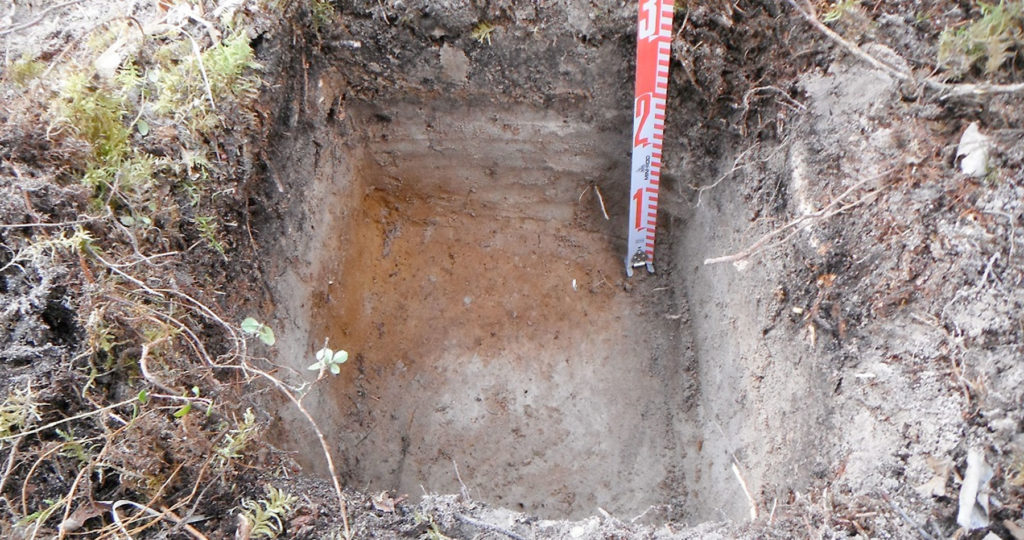
January 30, 2017
Introduction to CRM Part 4: Evaluating a Site
When we identify a site, we conduct further evaluative testing to determine the type, character, and extent of the site. This is done according to government guidelines, and depends on the type of site, and the type of landform. If the landform allows for it, testing occurs in each cardinal direction or in a grid.
Keep Reading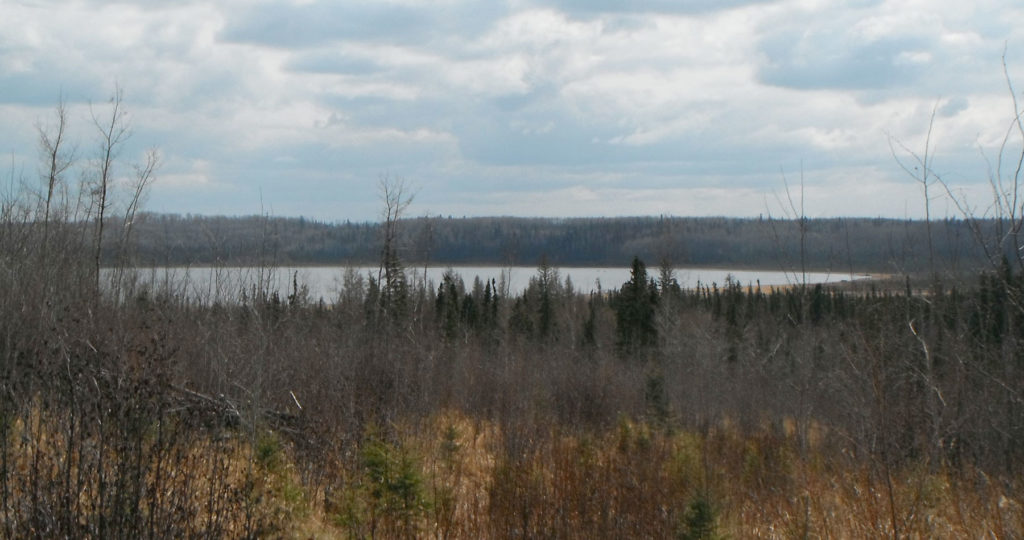
January 16, 2017
Introduction to CRM Part 2: Development Screening and Project Planning
The first step of a historic resources impact assessment (HRIA) happens in the office. Once we have the plan for a development, we need to assess whether the footprint will impact any recorded sites or if it has the potential to impact any unrecorded sites. We use our experience and knowledge of archaeology, GIS data,
Keep Reading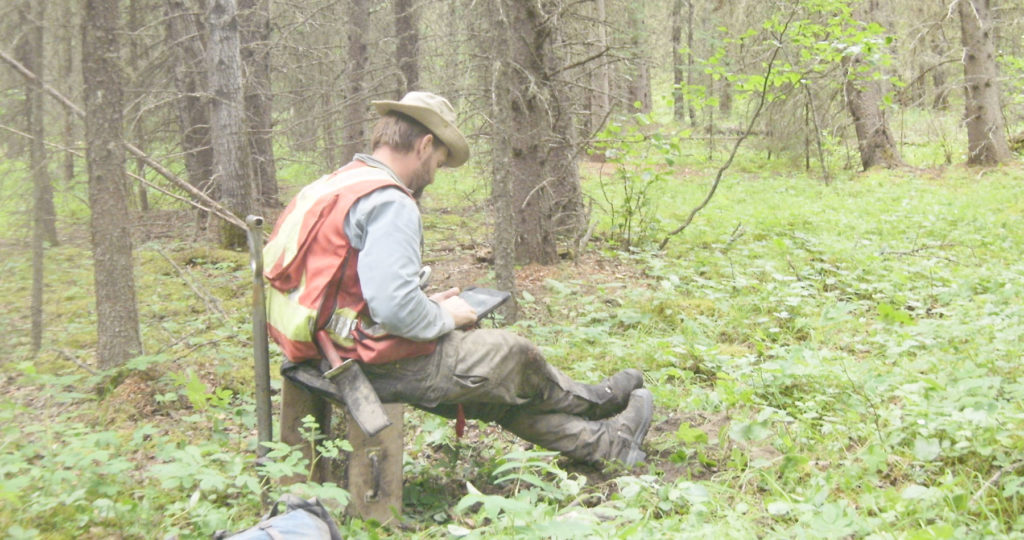
November 14, 2016
Careers in Archaeology
Consulting The most common career in archaeology is that of a consulting archaeologist. Consulting archaeologists work in the field of Historic Resource Management or Cultural Resource Management (CRM). People in this line of work generally work on Historic Resource Impact Assessments of planned developments before construction is started. The responsibility of consulting archaeologists is to
Keep Reading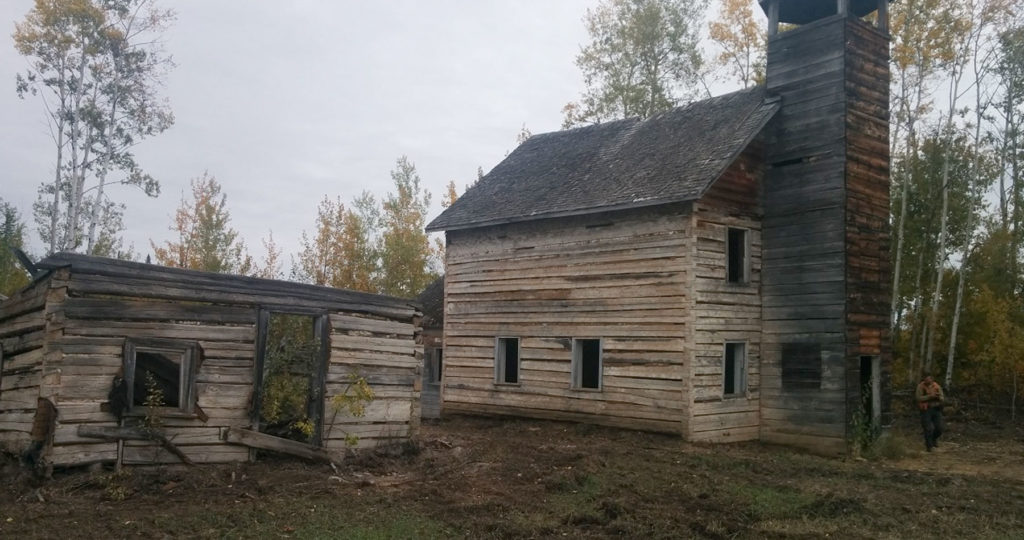
November 9, 2016
St. Louis Catholic Church
We get to do a lot of traveling around Alberta during the summer. Sometimes when time permits, we get to stop at local attractions. During a recent trip to Fort Vermilion we made a stop at St. Louis Catholic Church in what is locally referred to as ‘Buttertown’. This church was built in 1906-1909. Check
Keep Reading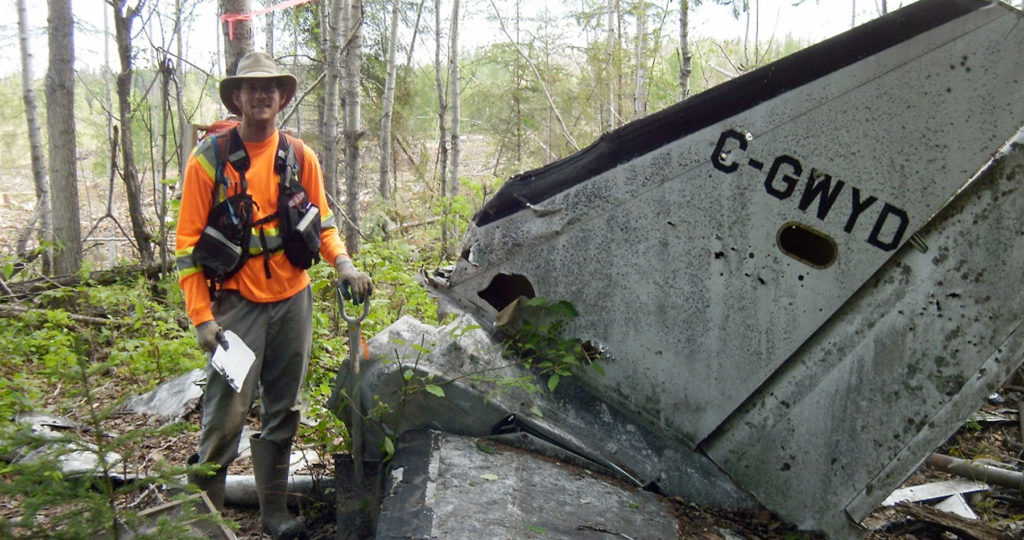
November 2, 2016
Slave Lake Plane Crash
In the summer of 2013, Vince and I were walking through a harvested cutblock south of Slave Lake and we noticed something big and white on a high hill along the tree line. At first we thought it was some sort of tarp but as we got closer we realized it was the broken tail
Keep Reading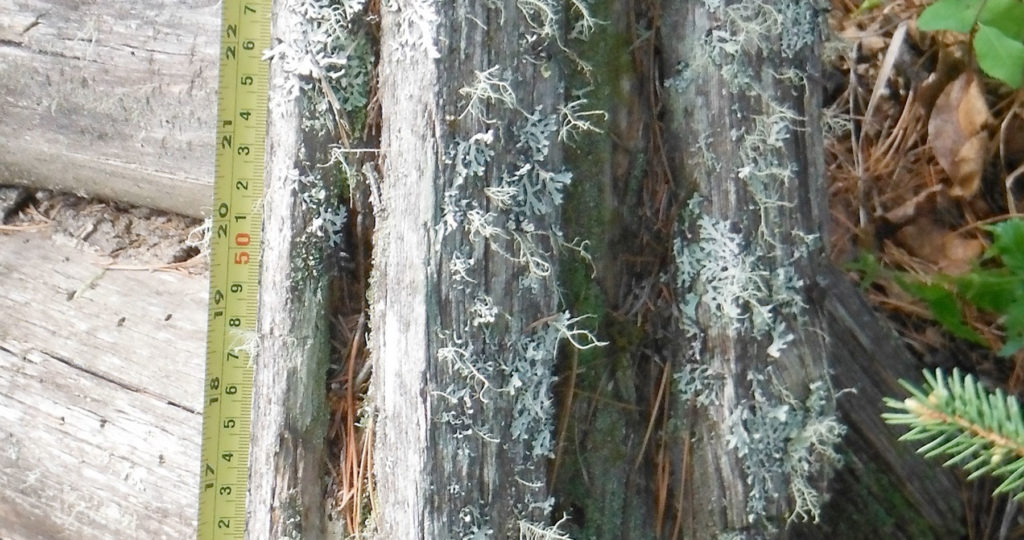
May 18, 2016
Big John’s Spring
A couple of the traits that serve archaeologists best are curiousity and an ability to recognize when something doesn’t belong. For example, look at this site Brittany found in 2014 on the North Saskatchewan River when we were undertaking assessments for Sundre Forest Products. It may not look like much at first glance, but it’s
Keep Reading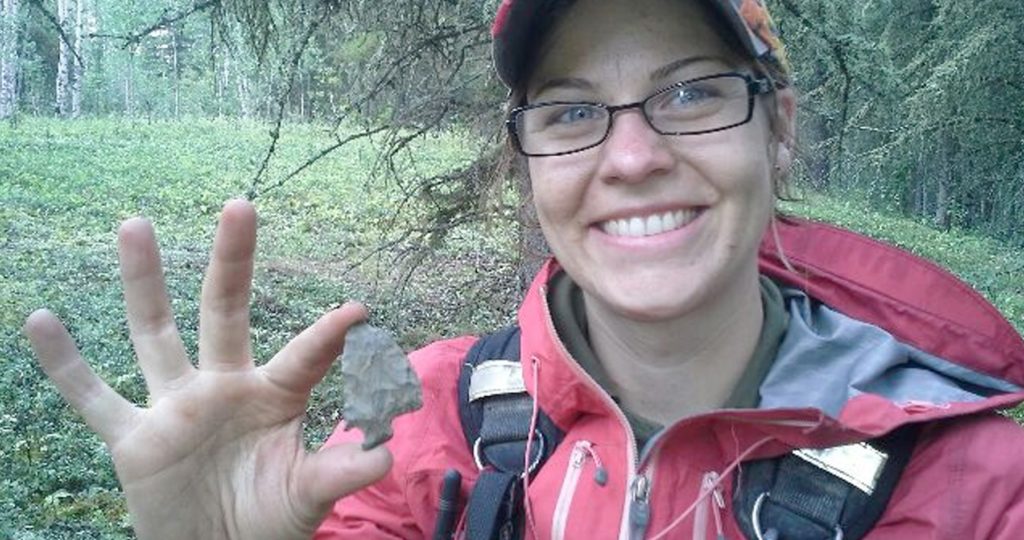
January 28, 2016
Why is Archaeology Important?
Archaeology provides us with the opportunity to learn about past cultures through the study of artifacts, animal bones and sometimes human bones. Studying these artifacts helps to provide us with some insight about what life was like for people who left behind no written record. In the case of historical archaeology the artifacts can help
Keep Reading